Good morning everyone and Happy 249th birthday to the United States. I know that it’s hard at times to be positive about the nation given both its rocky history and its current state. But I want to believe in the potential of this country. And I still love reading stories about it. We talk a lot about movies and my current work on this site but I wanted to share with you some of my books on American history. These reflect my own interests, so I’m hoping perhaps you’ll find something new here. Oh, because of the histories that I like, all of the following are readily accessible for the nonspecialist.
Dan Flores, American Serengeti: The Last Big Animals of the Great Plains. This is not my favorite book of Dan’s—that remains his opus in Wild New World—but it’s the one I’ve taught from the most. Dan’s brilliance is asking us to this about the familar (the Great Plains) and think about it as the exotic (an American version of famed African savannahs). Doing so allows us to distance ourselves from it and appreciate it in new ways. Each chapter focuses on a different animal and reads like a self-contained story (the pronghorn antelope chapter remains my favorite). My students loved this. If I was teaching an American history seminar and wanted to introduce the concept of environmental history, this would be it.
Jack Davis, The Gulf: The Making of an American Sea. When I was writing my dissertation, I used to get up and listen to the audible version of this book so I could think about structure and narrative. Davis’ book is one of the most beautifully written accounts I’ve ever encountered, telling an environmental history of the Southern coast that has yet to be rivaled.
Joshua L. Reid, The Sea Is My Country: The Maritime World of the Makahs. I think Josh does a couple really remarkable things with this book. First, he introduces readers to the world of the Makah people, who continue to reside along the coasts of the Pacific Northwest. Secondly, I think Josh’s conceptualization of the sea as space that can be claimed and used as a resource is really compelling. When people ask me about the book I am writing, I almost always cite this as an inspiration.
Heather Cox Richardson, How the South Won the Civil War: Oligarchy, Democracy, and the Continuing Fight for the Soul of America. A lot of you come to me via Heather’s newsletter for that I am thankful. I never quite know how to talk about Heather because she is both a close personal friend akin to an older sister (I constantly worry about disappointing her, which could never happen) and a mentor. Beyond that, she’s brilliant, building on a lifetime of scholarship to speak to audiences so that we understand what is at stake. I could have chosen a number of her books (I often recommend To Make Men Free), but I think this is the one you need to read.
Sarah McNamara, Ybor City: Crucible of the Latina South. I tried really hard to not list this book because I’ve talked about it so often. But I’ve come to believe that Sarah’s study of Ybor City, which one movie called “the Harlem of Tampa” in the early 20th century, is going to be one of the most relevant studies of migration, labor, power, politics, and women put on paper. As Florida continues to grow and the I-4 corridor continues to exert more and more political influence, understanding the mechanics of its communities becomes all the more important. Sarah’s family hails from Ybor. No one else could have written this book. (Use code 01HATM30 to get 30% from the link in this paragraph.)
Monte Burke, Lords of the Fly: Madness, Obsession, and the Hunt for the World-Record Tarpon. Giant fish. Giant egos. Skinny water. Fistfights. Cocaine. I love this book.
Alan Gallay, The Indian Slave Trade: The Rise of the English Empire in the American South, 1670-1717. Alan’s book explains in ways I have not seen elsewhere how the desire for Indigenous slaves on the part of the British Empire transformed continental North America. The trade in human chattel changed Native economies, warfare, diplomacy, and the environment in a stunningly short time. We often talk about African slavery in the context of American history (and for good reason) but discussions about the institution and imperial thirst for it must also include Indigenous people. This is a terrific place to start.
Theodore Roosevelt, The Autobiography of Theodore Roosevelt. It’s hard at times as a scholar to know what to make of Colonel Roosevelt. At times, as guy I think I like the idea of Theodore Roosevelt more than the man himself. And it’s difficult to reconcile his thoughts on Native people with the qualities of the man that I do admire. But none of these histories are straightforward celebrations of any society or topic. And with the attacks on public lands and frankly, the bullshit discussions on masculinity floating around the internet, I think understanding Roosevelt might be key to opening minds to progressive causes. There’s no shortage of books about T.R. I thought maybe it might be best to hear from the man himself.
Natalia Molina, A Place at the Nayarit: How a Mexican Restaurant Nourished a Community. I first became aware of Dr. Molina’s work while reading Sarah’s work on Ybor City. And since postwar Los Angeles is a bit of a passion of mine AND I’m a sucker for good book covers, I immediately picked this up. Like Sarah’s book, this amazing book talks about the power of family (especially women) in migrant communities and how people create a place of belonging. Loved this.
Sondra G. Jones, Being and Becoming Ute: The Story of an American Indian People. I’m actually working through this now. Part of working in Colorado has been ingesting as much information as I can on both the environmental history of the Southwest and the people who call it home. I’ve read broadly on the region, but this is the first Ute-specific book I’ve read and it is terrific. It’s a bit more in depth and bigger than the other books I’ve listed here, but I’d be ashamed if I didn’t at least share one book relative to the folks I’m working with out here. It came highly recommended from a scholar I trust, and now I’m doing the same for you. If you’d like to learn Ute history, this book is terrific.
Annette Gordon-Reed, The Hemingses of Monticello: An American Family. This feels like cheating because the book is so well known, but that’s for good reason. Annette altered the landscape with how we think about both slavery and the Founders with this book.
Alright, Substack tells me I’m out of space here. Are there books you’d recommend? Are there topics you’d like recommendations on? Hit me in the comments below.
J
And if you want to support the mission here, share this post or become a paid subscriber, which you can do at the button below. Thanks for being here.




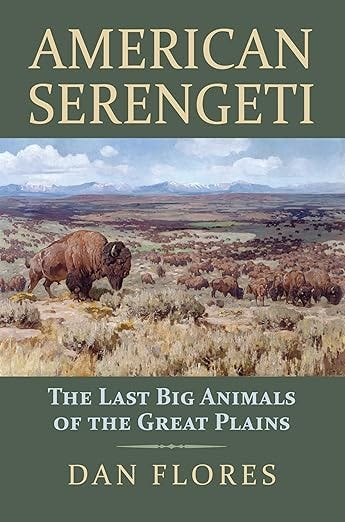
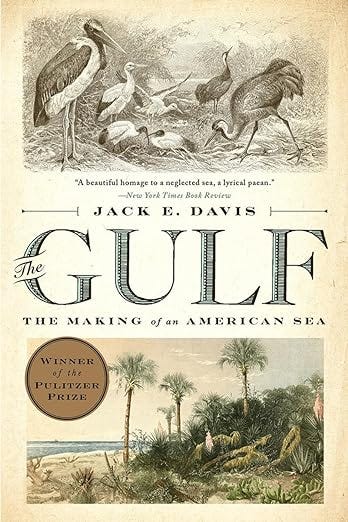



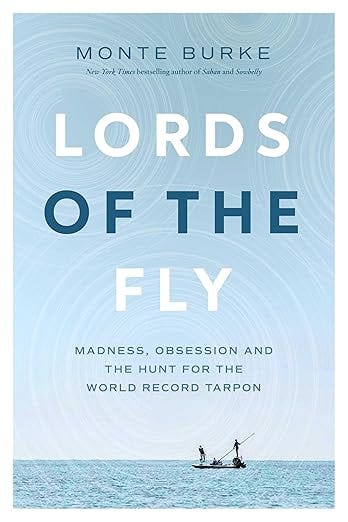


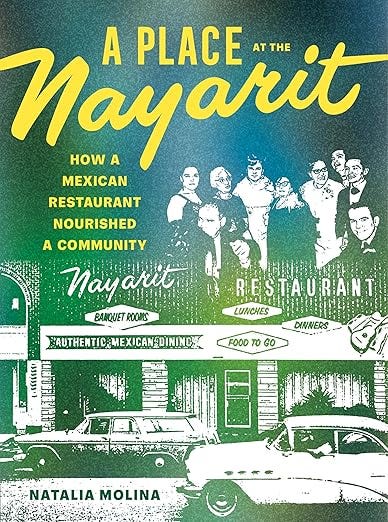
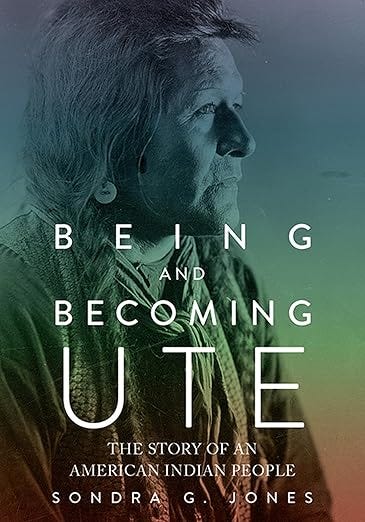
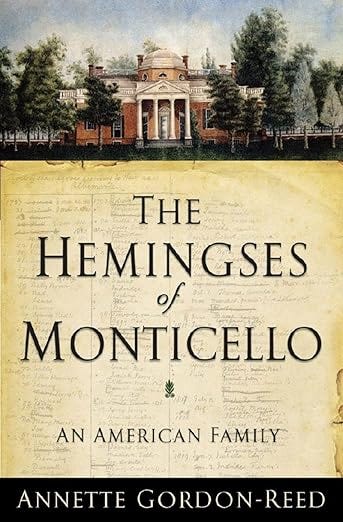
You just keep adding to my TBR pile - soon it will topple off my nightstand, LOL! Definitely getting the Ybor City book, Columbia is my favorite restaurant there.
Sharing this broadly to support the National Park Service and their beleaguered personnel
https://nicenews.com/environment/americas-national-parks-support/
Thanks for sharing this well-curated list.
Here's wishing you a holiday that's peaceful, and as full of hope as any of us can be under the circumstances!